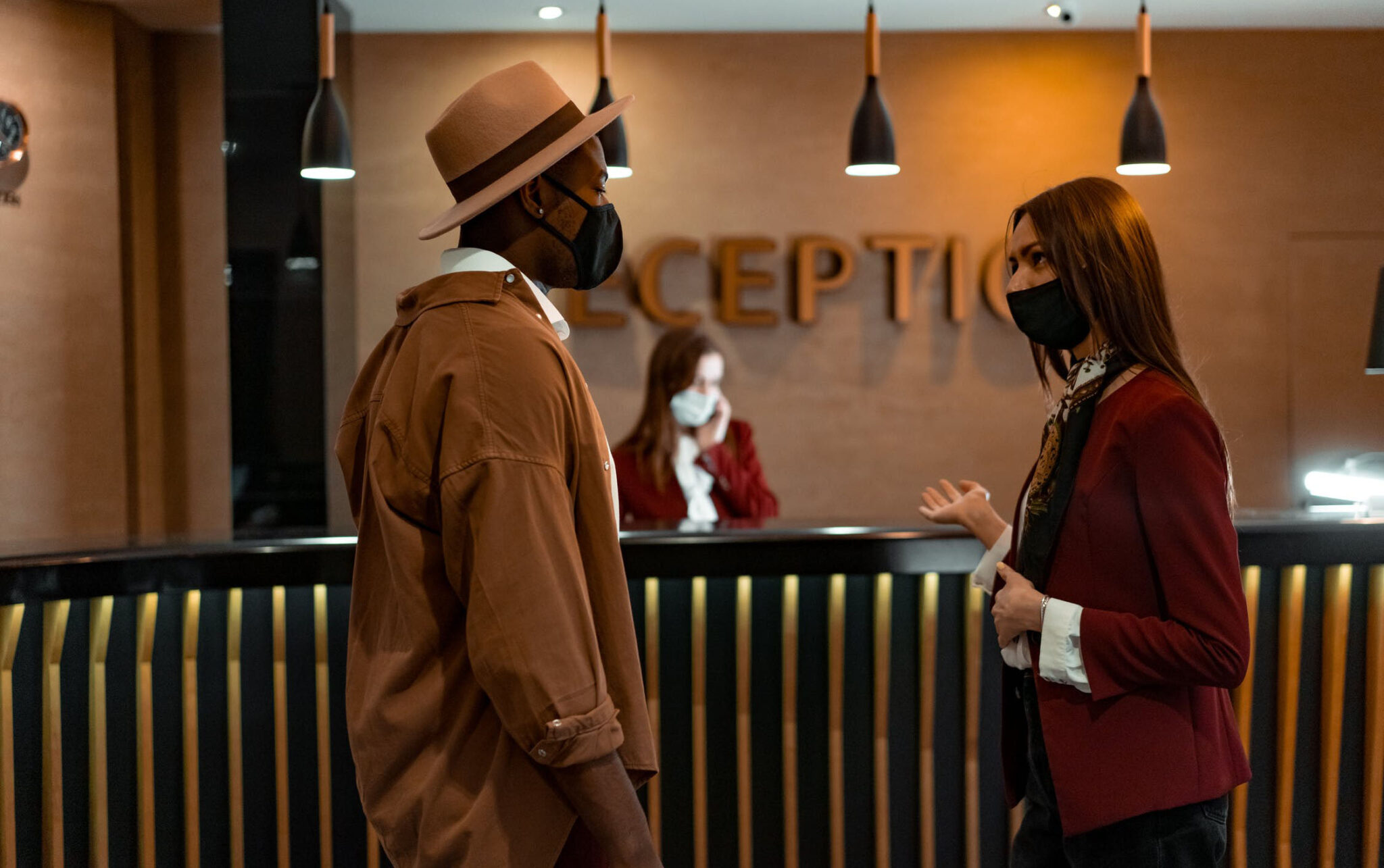In response to COVID-19, the hospitality industry has stepped up its tech investment to facilitate safer guest interactions and cut costs. For example, some hotels have swapped out front desks for check-in kiosks as smart phones increasingly drive contactless guest interactions.
But keeping hotel guests and restaurant and bar patrons safe is just one part of how the hospitality industry can move toward full recovery. There remains a huge shortage of workers, and employers must keep their existing employees safe from the remaining threat of COVID-19.
And perhaps the most troubling risks have been linked to technology — cybercrime in particular.
Cyber risk skyrockets
Two of the worst data breaches of 2020 were at hotel chains: Marriott (the personal information of 5.2 million guests) and MGM Resorts (compromising the records of 10.6 million guests).
Cyber insurance premiums are rising as much as 30%, so hotels having strong cyber security can benefit with reduced premiums.
To start, hotels need basic protections like firewalls, antivirus software and regular system backups, with dual authentication and virtual private networks providing additional layers of protection. For these measures to be effective, employers must train staff on cyber security.
Regular outside system audits will spot holes in a security plan. And because vendor lapses may cause breaches, checking and auditing vendors’ cyber security practices should be part of a cybersecurity plan.
See also: The Bigger Picture of COVID-19 Data
Step up training
Cybercrime is not the only risk hospitality operations must confront, and training and educating staff on how to recognize reemerging risks is critical to keep any hospitality operation functioning.
Keeping workers and patrons safe from COVID-19 remains paramount. Vaccinations cannot fully protect individuals, as evidenced by breakthrough cases of the virus infecting those who are vaccinated. One well-documented outbreak occurred in a vacation spot with high vaccination rates. Keeping workers masked is important to protect employees and patrons.
There are other risks, as well. For instance, any establishment serving alcohol must remember that, in many states, they are held responsible for the actions of those who become intoxicated at their establishment. In some states, general liability policies do not cover this liability, but it is covered under separate liquor liability insurance.
As patrons may overindulge at times — especially as many haven’t been to bars and restaurants or taken vacations for more than a year — it’s important to update policies about serving alcohol and help servers learn how to minimize the risks. Part of this includes coaching staff on common signs of inebriation and on their right to refuse service.
Another risk in hospitality: the labor shortage. However, offering benefits, especially health insurance, can be an enormous advantage to attract and retain employees in hospitality.
As the hospitality industry continues to come back from a long, hard pandemic year, it’s important to keep in mind that the work is far from done. "Prevention" and "training" are the operative words to offset risks.






